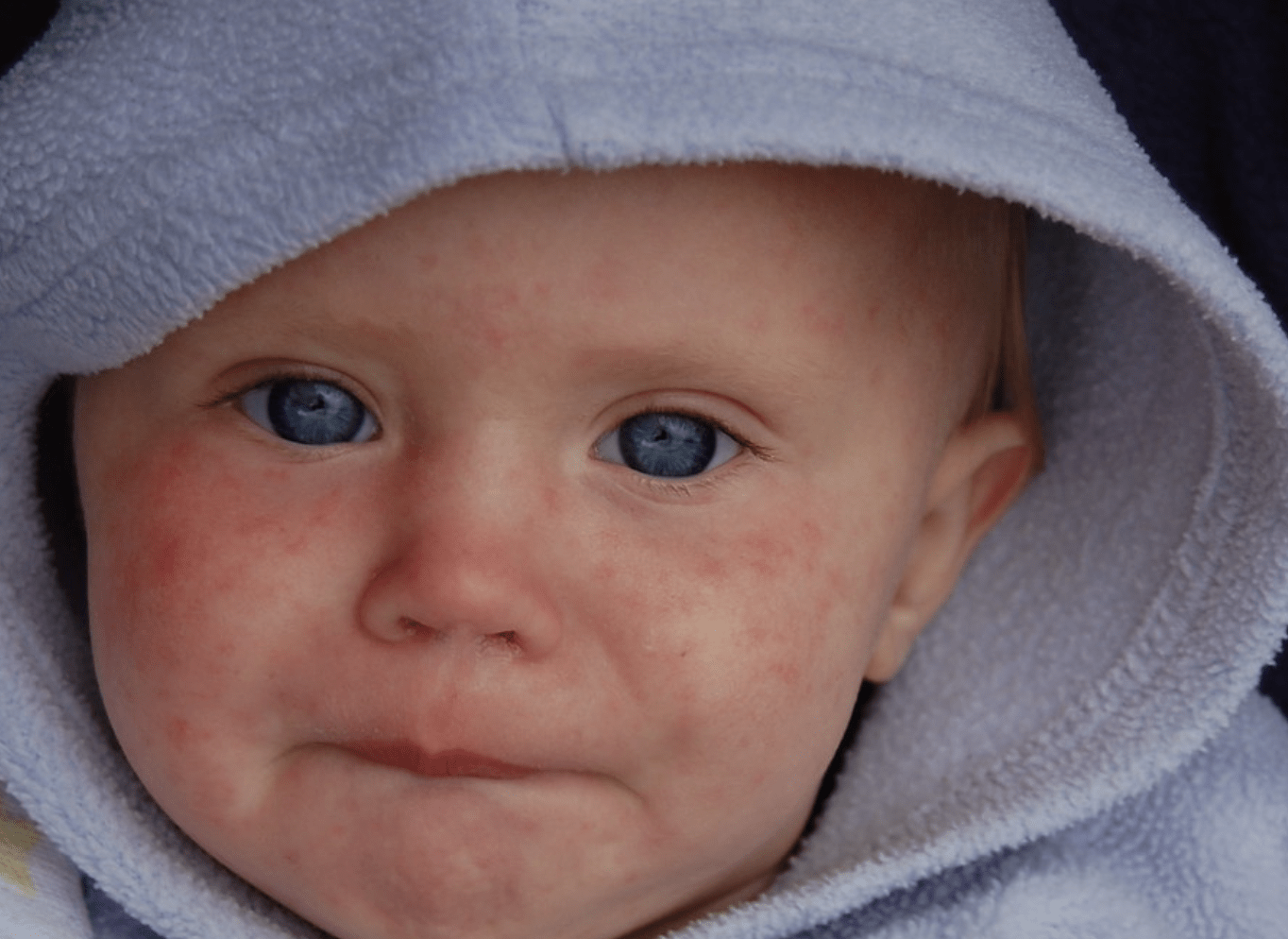The Guardian – The UK was once so good at dealing with measles that in 2017 and 2021 the World Health Organization declared that we had successfully attained “elimination status” for the disease, meaning that not one endemic case had been detected in the prior year.
But those days are over, with more than 200 children diagnosed with measles in England and Wales in the last four weeks of 2023.
The UK Health Security Agency has declared a national incident not only because of the cases appearing, but also owing to overall low MMR vaccination rates, which leave a very large population of children at risk of infection.
Incredibly, about 25% of children in parts of London enter school unvaccinated. NHS England data suggests that more than 3.4 million children under 16 across the country are unvaccinated. This puts them at considerable risk, and measles is incredibly infectious.
One person can infect about 12 to 18 others, and it spreads through respiratory means, such as coughing, sneezing and breathing. If about 95% of the population is vaccinated the virus stops circulating as it can’t find susceptible hosts, but it appears vaccination rates in many areas are below that number.
Just two doses of vaccine should confer lifelong sterilising immunity, meaning those fully vaccinated are not only protected from infection but are also very unlikely to transmit the virus to anyone else. So what’s the best way to get kids vaccinated? Scotland offers a lesson here.
In Scotland, 95.9% of children had one dose by the time they were five years old, while 89.7% had two doses. The result? There was only one laboratory-confirmed case of measles in Scotland during all of 2023 …
Eliminating most viruses is a tall order, but it’s a realistic target for measles given the MMR vaccine. Measles, mumps and rubella are all nasty diseases that should be stuck in the past.
Dahl’s daughter didn’t have the choice of a vaccine, but children in Britain today don’t have to suffer the same fate. They live in 2024, not 1962 … read more.
Prof Devi Sridhar is chair of global public health at the University of Edinburgh



